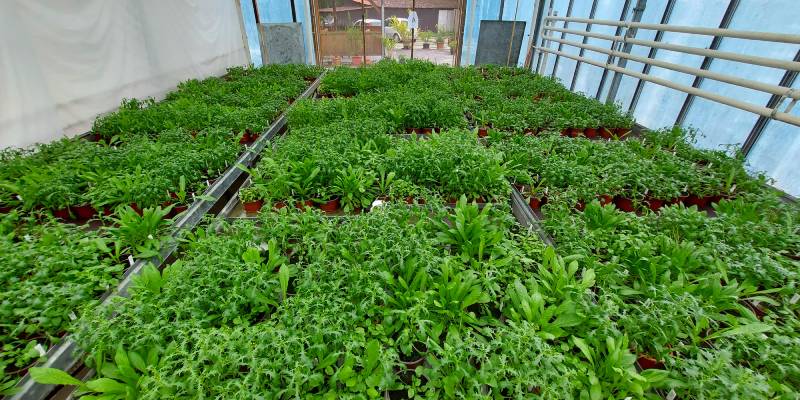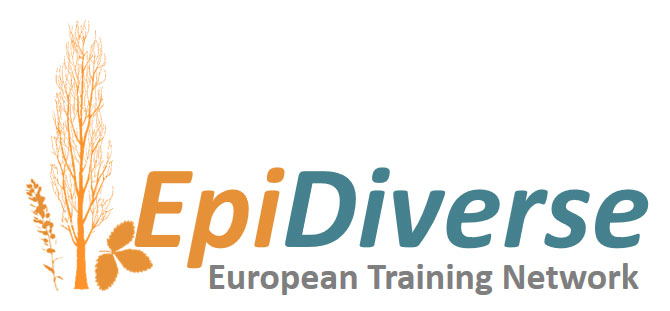03. Ecological epigenetics

Ecological epigenetics
The phenotype and behaviour of plants can be significantly influenced by the environmental conditions encountered by their antecedent generations. These influences, known as transgenerational effects, could potentially be mediated by epigenetic mechanisms. Through these mechanisms, gene expression and consequently, phenotype, are altered by heritable changes such as histone modification or cytosine methylation, rather than changes to the DNA sequence itself. Our research aims to elucidate the role of these transgenerational effects in the ecology, evolution, and behaviour of plants. We have a particular interest in clonal plants, a subject area where transgenerational effects have been minimally explored. This provides a rich ground for pioneering research, where we anticipate uncovering novel insights into the world of clonal plant biology. Furthermore, we are investigating whether "epigenetic memory" and inter-ramet communication could enable a form of associative learning in clonal plants. The term "epigenetic memory" refers to the capability of an organism to remember past environmental stimuli and use this information to adjust its development or behaviour. Inter-ramet communication, in the context of clonal plants, refers to the exchange of information or resources between different parts of the same organism. If such a system of 'learning' and communication exists, it would represent a profound and novel understanding of plant behaviour and adaptation. In this respect, our research seeks not only to fill gaps in our understanding of transgenerational effects but also strives to challenge the boundaries of current scientific knowledge about plant behaviour and adaptation.Projects:
Recent papers on ecological epigenetics
Sammarco I, Díez Rodríguez B, Galanti G, Nunn A, Becker C, Bossdorf O, Münzbergová Z, Latzel V (2024) DNA methylation in the wild: epigenetic transgenerational inheritance can mediate adaptation in clones of...
Transgenerational adaptation of a clonal plant in the context of biotic interactions (2023-2025)
The environment experienced by parents can exert influence on the offspring’s phenotype via transgenerational effects (TGE). These effects could hold evolutionary significance as they may enable swift adaptation to local...
read more...Adaptive transgenerational plasticity in response to novel climate: from individuals to communities (2020-2022)
Rapid climate change poses great challenge to all plants. We suggest that transgenerational plasticity is an important mechanism that allows plants for rapid adaptation to novel climate. In the project,...
read more...Epidiverse (2018-2021)
EpiDiverse is a Marie Skłodowska-Curie Innovative Training Network aimed at the study of epigenetic variation in wild plant species. The network joins research groups from ecology, molecular (epi)genetics and bioinformatics...
read more...Memory and after-life of clonal plants (2017-2019)
Environmentally induced epigenetic change enables plants to remember past environmental interactions. We suggests that clonal plants can take great advantage of the memory because if this memory capability is exploited...
Vítek Latzel, Francesco de Bello, Zuzana Münzbergová
Stress induced memory in clonal plants (2014-2016)
Transgenerational modification of phenotype (TP) allows plants to adapt to changing environments and can therefore play an important role in their ecology and evolution. Whereas this phenomenon is relatively well...
Vítek Latzel, Judit Fehrer, Jindřich Chrtek, Patrik Mráz






